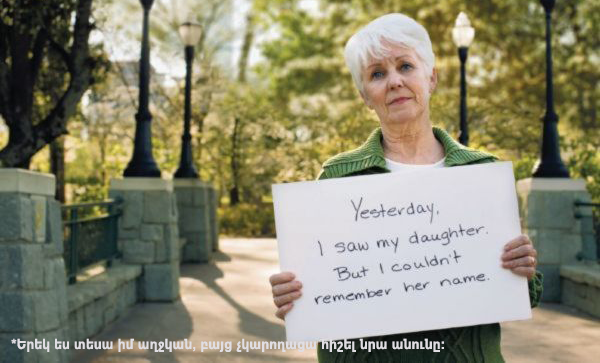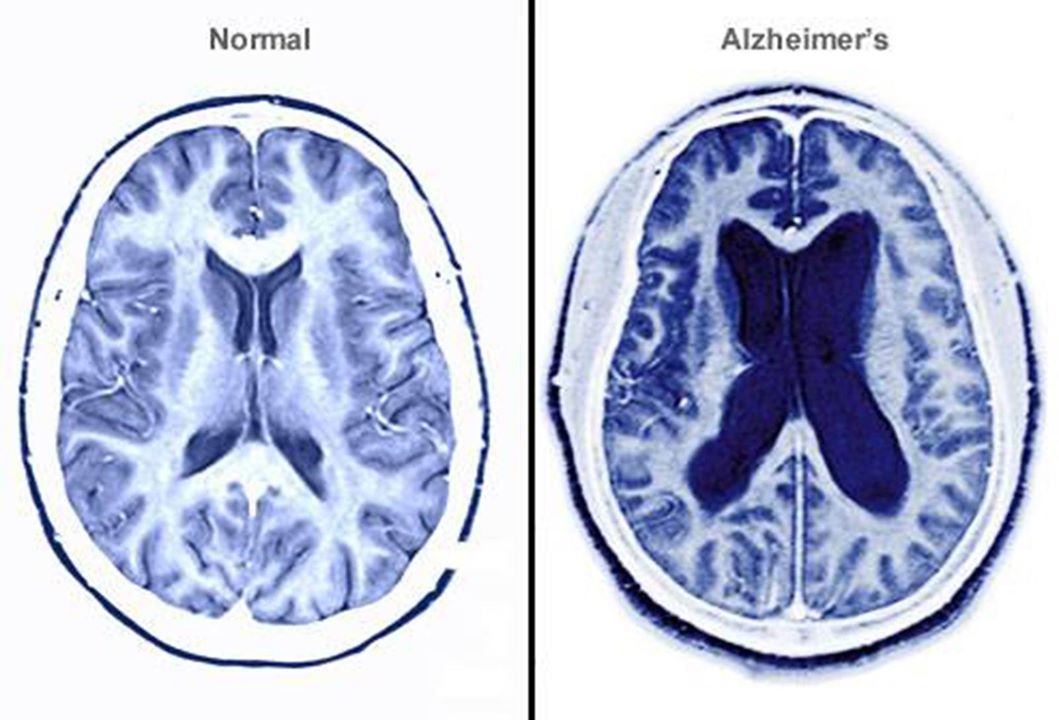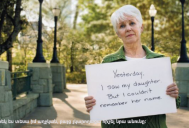 Could It Be Alzheimer's?
Could It Be Alzheimer's?
It’s normal for people to become a bit forgetful as they age. So how can you tell a harmless "senior moment" from Alzheimer's disease? One in eight people 65 and older have this devastating form of dementia. In its first stages, Alzheimer’s may not be obvious to friends and family. But there are some early warning signs to watch for.
Warning Signs: Memory and Speech
In early Alzheimer’s, long-term memories usually remain intact while short-term memories become sketchy. Your loved one may forget conversations you had. She may repeat questions that were already answered. The disease also disrupts speech, so she might struggle to remember common words.
 Warning Signs: Behavior
Warning Signs: Behavior
In addition to memory loss, Alzheimer’s can cause confusion and behavior changes. Your loved one may get lost in familiar places. Mood swings and lapses in judgment are also common, as is poor hygiene. People who were once stylish may start wearing stained clothes and forget to wash their hair.
Don't Ignore the Signs
It's hard to face the thought that a loved one could have this disease, but it's better to see a doctor sooner rather than later. First, the diagnosis might be something else. The symptoms could be caused by a highly treatable problem, like a thyroid imbalance. And if it is Alzheimer’s, treatments work best when they’re used early in the course of the disease.
How Is It Diagnosed?
There’s no simple test for Alzheimer’s, so the doctor will rely on you to describe the changes in your loved one. A mental status test, sometimes called a “mini-cog,” or other screening tests can measure his mental skills and short-term memory. Neurological exams and brain scans may be used to rule out other problems, like a stroke or tumor, and they can provide other information about his brain. What Happens to the Brain?
What Happens to the Brain?
Alzheimer’s causes nerve cell death and tissue loss throughout the brain. As the disease gets worse, brain tissue shrinks and areas that contain cerebrospinal fluid become larger. The damage harms memory, speech, and comprehension.
What to Expect
Alzheimer’s takes a different path in every person. Sometimes the symptoms get worse quickly and lead to severe memory loss and confusion within a few years. For other people the changes are gradual. It could take 20 years for the disease to run its course. Most people live 3 to 9 years after diagnosis.
How Will It Change Daily Life?
Alzheimer’s affects concentration, so your loved one may not be able to do ordinary tasks like cooking or paying the bills. A study suggests trouble balancing the checkbook is often one of the first signs of the disease. As symptoms worsen, he may not recognize familiar people or places. He may get lost easily or use utensils improperly, like combing his hair with a fork. Incontinence, balance problems, and loss of language are common in advanced stages. Can Exercise Help?
Can Exercise Help?
Physical activity can help your loved one keep some muscle strength and coordination. It might also boost his mood and help him feel less anxious. Check with his doctor to learn which types of exercise are appropriate. Repetitive activities, like walking, gardening, or even folding laundry may be the best at giving him a sense of calm.
How Is It Treated?
There’s no cure for Alzheimer’s and no way to slow the nerve damage it causes in the brain. But there are medications that appear to help maintain mental skills and slow the disease’s effects. If your loved one gets treatment early on, she may be able to stay independent and do her daily tasks for a longer period of time.

